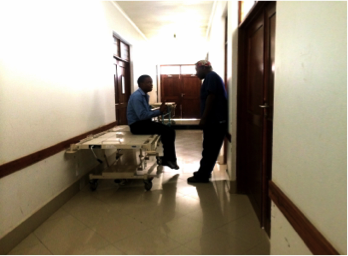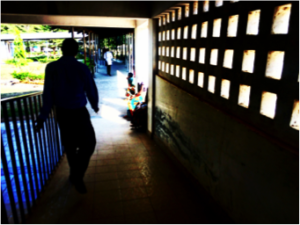
By Kate McAuliff
There is a Swahili Proverb, which says, “Where there are experts there will be no lack of learners.” At one of the partner hospitals Mission: Restore works with, the opposite is happening. Where there are no experts, no one can be a learner.
The investment in young medical professionals by the Tanzanian government, specifically the Ministry of Health, is nothing to be criticized – it is, of course, to be encouraged and applauded. However, the mechanism for facilitating this government-sponsored continued education is a concern.
Problem 1
Medical professionals don’t have enough opportunity to improve themselves within the hospitals and medical communities they work in. Therefore, advancing means leaving the hospital completely. This leads to fewer doctors available to train registrars and interns, and fewer doctors to treat patients, leaving hospitals understaffed and everyone overworked.
Problem 2
The Ministry of Health sponsors continued post-graduate education for doctors to become specialists. But what happens when there is no communication or inclusion of the hospital administration? Almost entire departments of senior doctors disappear within a month, leaving behind young registrars who not only have to bear the burden of the department alone, but have lost their trainers.
This is exactly what has happened at one of the hospitals Mission: Restore works with in Tanzania. The surgical department was left in the hands of two registrar doctors when the two most experienced registrars and the one specialist were all sponsored to study abroad or in the capital of the country, Dar Es Salaam. This left the registrars – willing, intelligent, and hard working – but inexperienced.

This is where Mission: Restore assessed this gap left by the brain drain and set out to use the upcoming 2015 surgical missions to train and build confidence in these young, capable surgeons. The telemedicine initiative of Mission: Restore also serves to meet this need through providing patient consultations with experienced surgeons in America who can train on diagnosis and surgical design in between missions.
It’s our hope that despite challenges in management of sponsorship, Tanzanian doctors and surgeons will continue to be supported by their government, country, and external organizations such as Mission: Restore to specialize and learn the skills they need to best serve the patients in their communities.

